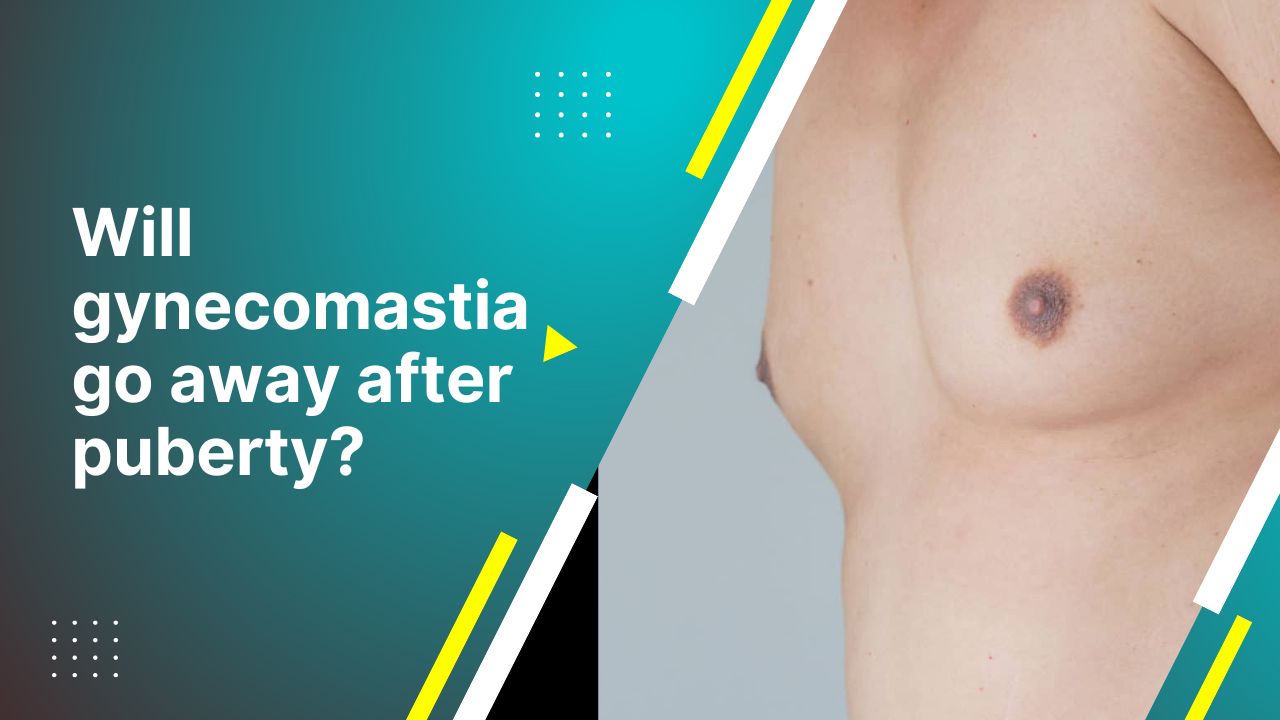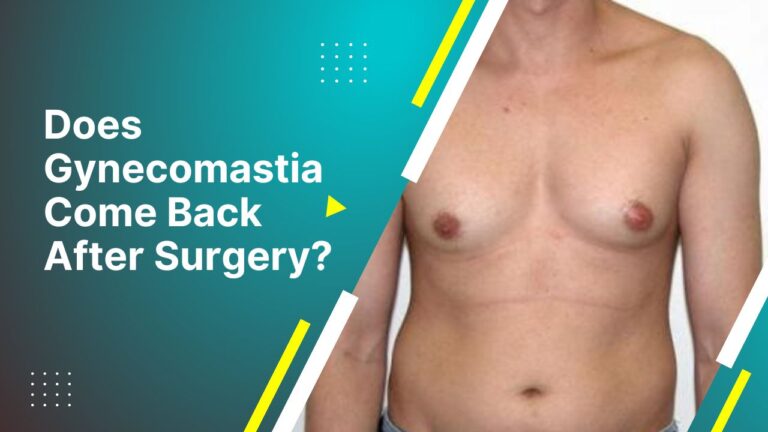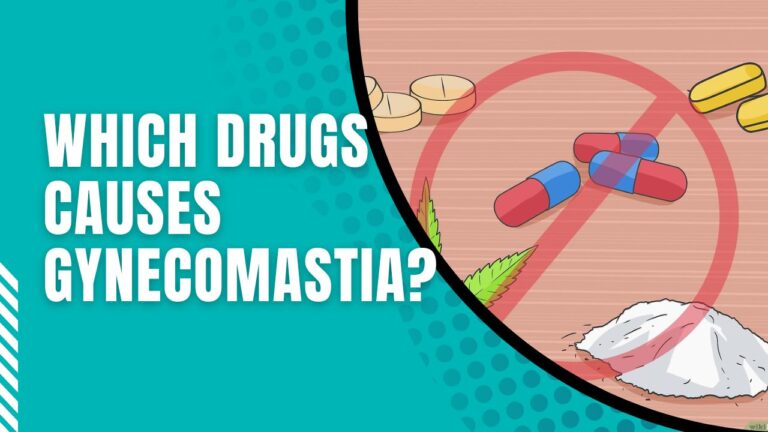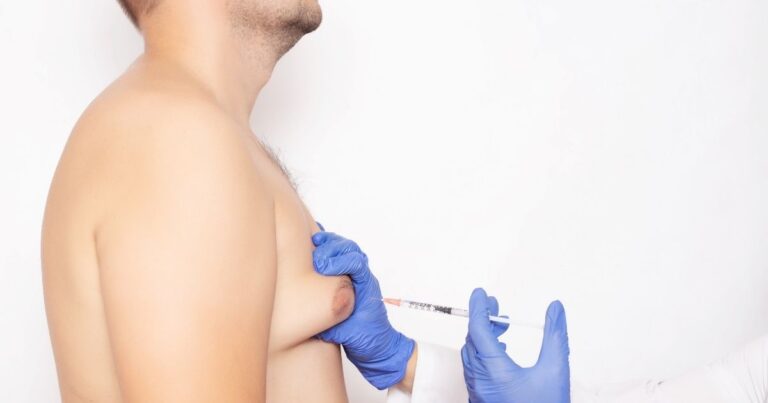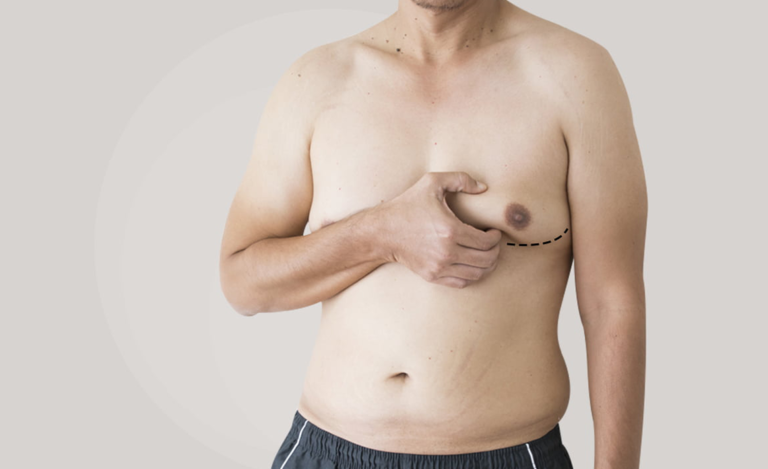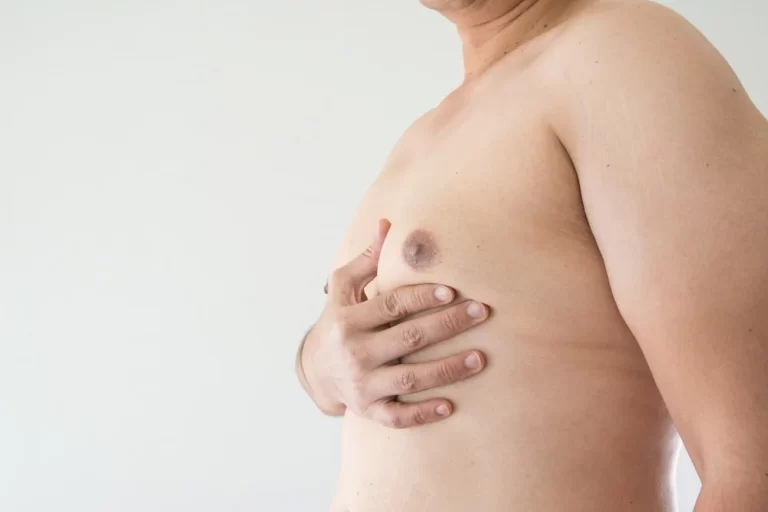Puberty is a delicate time in any boy’s development. Unfortunately, this key life stage can be negatively affected by gynecomastia. Gynecomastia, commonly called man-chests, can occur in infants, adolescents, or adult men. It is caused by hormonal imbalances, certain medications, and underlying conditions.
Reassurance and observance go a long way in handling gynecomastia in pubescent boys. Read on to understand more about what causes gynecomastia during puberty and if gynecomastia goes away after puberty.
Gynecomastia during puberty
According to the National Library of Medicine, gynecomastia during puberty affects up to 69% of adolescent boys. Benign breast tissue linked to hormonal, dietary, and medical reasons begins to grow. This tissue feels lumpy and may be tender to the touch. You can find out if you have gynecomastia through physical evaluation and medical history.
Will Gynecomastia after puberty Go Away On Its Own?
Gynecomastia typically goes away on its own after puberty. It will usually clear between 6 months and two years after development. Sometimes, it doesn’t resolve due to hormonal imbalances and drugs. You will have to address these reasons to get rid of gynecomastia.
How to Treat Gynecomastia caused by puberty?
The most effective way is through gynecomastia surgery. Your surgeon will excise the breast tissue and perform liposuction to draw out chest fat. They will also determine if there’s a root cause of your gynecomastia and advise on treating these causes.
Book A Consultation With Dr Tarek Bayazid
Top-rated Plastic Surgeon For Gynecomastia in Dubai
Installment Plan Available
Other ways to reduce gynecomastia during puberty include:
While a change in diet will not cure gynecomastia in puberty; it will reduce inflammation. It will also lessen tenderness and swelling. Switch to anti-inflammatory foods such as fatty fish and leafy vegetables.
Gynecomastia is often caused by an imbalance of estrogen, androgen, and testosterone. Hormone therapy looks to correct this imbalance. High estrogen levels and low androgen or testosterone levels encourage breast tissue growth.
Medications such as clomiphene, tamoxifen, and raloxifene block the effects of estrogen. Administering androgens is a viable option through medicine such as danazol. Medicine such as anastrozole and testolactone inhibits the production of estrogen.
A common cause of gynecomastia is obesity. Male bodies, unable to produce estrogen independently, get it from body fat. Obesity means body fat is at a surplus resulting in excess estrogen. Exercising to reduce obesity lessens the fat present to produce estrogen, reducing gynecomastia.
Many young men wonder if gynecomastia, or enlarged male breasts, will go away after puberty. In most cases, it improves on its own as hormone levels stabilize. However, if gynecomastia persists after puberty, it may require medical intervention. Dr. Tarek, a leading expert in liposuction and gynecomastia treatment in Dubai, can help you explore effective options for a permanent solution.
What Teens Need to Know About Gynecomastia
Knowledge about gynecomastia is a great way to tackle the problem. These facts aim to equip you with that knowledge and ease your mind about gynecomastia during puberty.
Drug-induced gynecomastia is a common occurrence among males. Antibiotics, cancer medication, and growth hormones can cause the growth of gynecomastia.
Recreational drugs such as alcohol and marijuana could also cause abnormal breast tissue growth in adolescents. The solution for drug-induced gynecomastia is often to stop the intake of the drug.
Unrelated diseases could cause gynecomastia during puberty. These conditions can affect your body’s ability to produce testosterone or regulate estrogen. Curing these conditions will stop gynecomastia. Here are a few examples of such conditions:
Gynecomastia surgery is often long-lasting. However, significant weight gain, drugs, and use of steroids can cause regrowth of gynecomastia after puberty.
Gynecomastia during puberty typically goes away by the age of 21. You should wait until then to undergo surgery if your condition is negligible.
Some foods increase the body’s production of estrogen. Others have chemicals that mimic estrogen in the body. Cut back on the consumption of these foods:
Gynecomastia occurs on its own. There is nothing you can do to prevent its onset. All you can do is seek treatment for it or reduce its appearance.
Compression shirts can help reduce the appearance of gynecomastia through your regular clothes. They are comfortable tight-fitting garments that press down your chest that can be worn under any type of shirt.
Conclusion
Gynecomastia may leave you insecure and anxious, but it doesn’t have to be that way. The condition will clear with time. If not, Dr. Tarek will take care of it for you. In addition to surgery, he will explain how best to balance your hormones to prevent a recurrence. He will also review the cost of gynecomastia surgery to help you prepare before the procedure. You will get free follow-ups and a free change of lost surgical dressing.
Dr. Tarek is a board-certified plastic surgeon with fifteen years of experience treating gynecomastia. Visit the gynecomastia gallery for pictorial proof of his exemplary work. At Dr. Tarek Aesthetics, you will look the best you can for your age. He is an outstanding member of the American Society of Plastic Surgeons (ASPS), the International Society of Aesthetic Plastic Surgery (ISAPS)the Emirates Plastic Surgery Society (EPSS), and Melbourne Advanced Facial Anatomy Course (MAFAC).
Read this article to find out about Gynecomastia Natural Remedies
Book a consult for gynecomastia surgery with Dr. Tarek and take a step towards your desired body.
